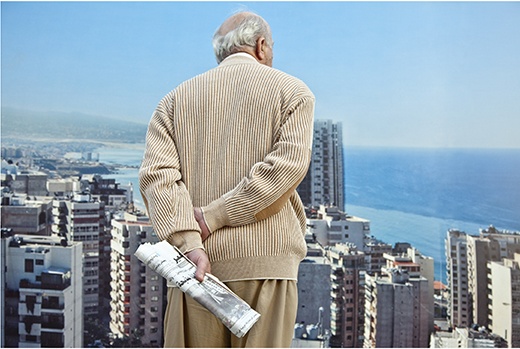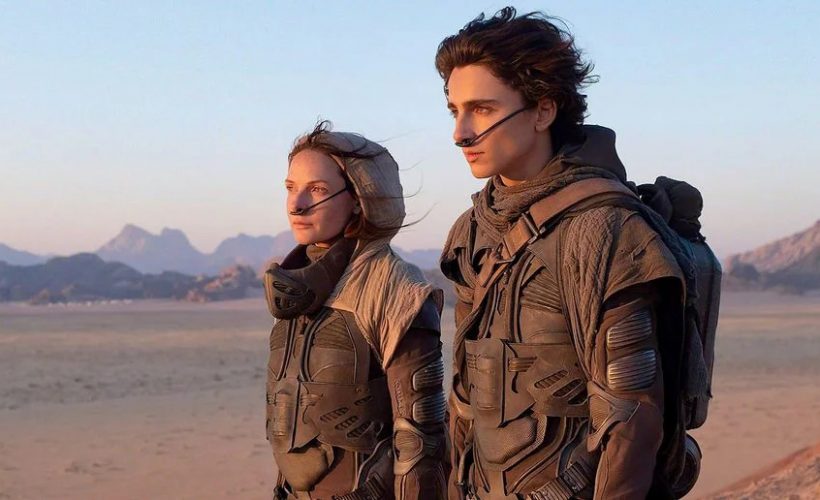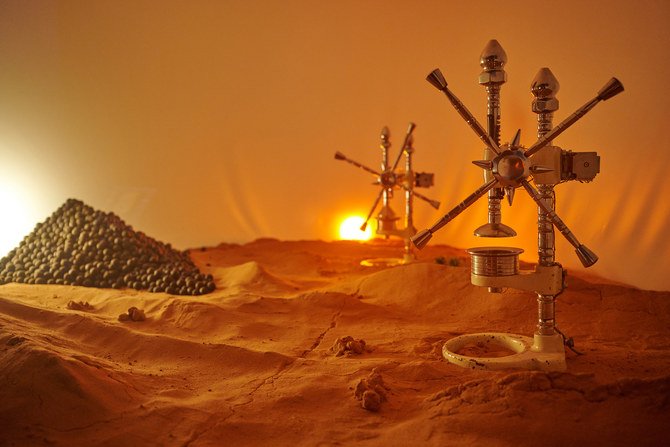Lifestyle
12.3.2019
Randa Marzi, photography as an antidote against clichés

Based between Marseille and Beirut, Randa Marzi uses photography as a tool. To build and teach, but also to break stereotypes. Those that history and society have built for us. A way to look above and beyond.
Presented last summer during the photographic meetings in Arles, Randa Marzi exposed a work where she unearths the mythologies of pre-Islamic Arabia in order to reveal its cultural richness. Born during the civil war in Lebanon, Randa Marzi began photography very early to capture all the things that people don’t usually “see”. By grasping whatever exists either in the absence or in abstraction, she manages to restore their essence “For me, photography must touch people and allow them to reflect on the world. When I think of images, it is important for me to represent the two dimensions of reality, that of the photographers and that of the audience “, she claims.
“An urge drove me inside those endless rooms.”
A work which quickly got noticed, at the photographic meetings of Arles in 2006 with “Abandoned rooms”, a touching project where she represented the empty and abandoned interiors of the post-war period, formerly occupied by local or foreign militias “Many of these structures remain in ruin; gaping holes in the wall of a collective amnesia that bewitched the country for over fifteen years. An urge drove me inside those endless rooms. I entered the wrecks with the desire, the curiosity, the excitement and the fear of returning to places steeped in one’s own past. Walking through the intimacy of each room was like an actual visit to the locked chambers of my personal memory. Facing unearthed remains, repressed pain rises up past and imaginary dust.”

A reflection on society and gender
In La cave au pigeon (Pigeon grotto), she features bathers who dive from the summit of an iconic cliff of Beirut: The Rouché Rocks. A scene of popular entertainment which describes with irony the patriarchal Lebanese society, in this display of machismo and exhibitionism.
With Sex On Gender, she deconstructs genders in a playful way through a series of portraits that seamlessly merge two individuals of “opposite sexes”. “Using photographic technologies, I sex, resex, and unsex my models. Photography and digital manipulation permit the symbolic remaking of the single sexed body into the infinite realm of possibility. For me, it was interesting to observe how the genders enclose and separate people. I wanted to show how genders are constructed. ”
She also criticizes the absurdity of capitalism and real estate projects which destroy Beirut since the end of the Lebanese civil war with Beirutopia, a photography project capturing billboard images that represent virtual buildings framed within their real environment. The confrontation of virtual and real situations, as well as the use of scales, layering and image framing gives underlines this strangeness and absurdity of the current transformations of the city, reflecting the decline of a Lebanese dream that seems to have lost its legacy in growing urbanization.

“I have always wanted to work on religions”
To reveal, highlight but also to denounce and deconstruct are at the heart of the approach of Randa Marzi, whose sharp eye transports the viewer beyond the simple glance. This is the case of his latest series presented at the last photographic meetings of Arles El Zohra was not born in a day (El Zohra was not born in a day). For this work, she immersed herself in the archaeological remains of the Middle East, the writings of ancient Muslim chroniclers, the Koran, classical Arabic literature and pre-Islamic poetry. “I have always wanted to work on religions because in Lebanon it is very important. It’s something I was born with, coming myself from a mixed marriage. So I am well connected to Christianity but also to Islam. I wanted to understand how religion was built as a dominant system from a pre-existing culture. ”
She sheds the light on the forgotten tales of ancient Arabia presented in this exhibition under the shape of sculptures and multimedia dioramas. Highlighting those myths offers a deeper and nuanced perspective of the Arab people and their culture. It also brings another narrative that shakes up the grand history produced by the great systems of religious and secular domination. A mission she pursues in Love and Revenge with the DJ Rayess Bek, a piece of live electronic music and real-time video editing duo that features songs and movies from the golden age of Arabic audiovisual production. By exposing the contradictions of the Arab world, she tries to decolonize images and mentalities.
popular

